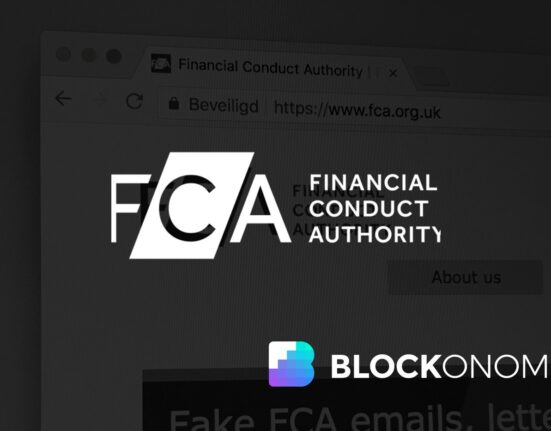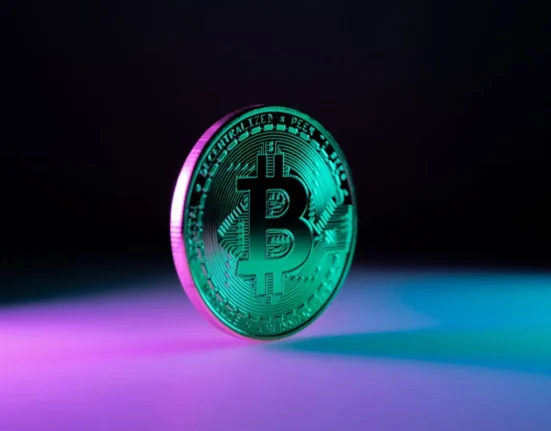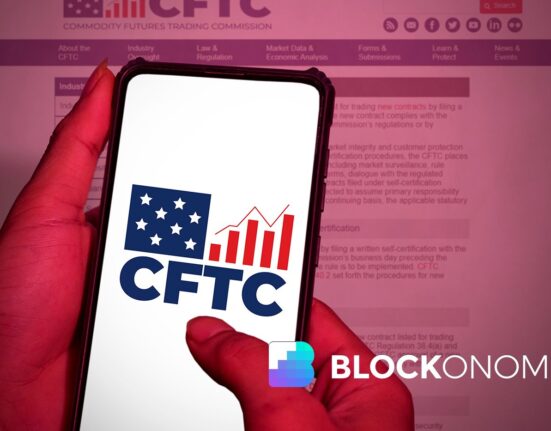TLDR:
- South Korea removes a 7-year ban on crypto firms gaining venture certification from September 16, 2025.
- Ministry of SMEs confirms policy change follows Cabinet approval and revised Enforcement Decree.
- Crypto startups can now access financing, tax incentives, and state-backed support programs.
- Decision aligns Korea with global blockchain trends and strengthens domestic digital asset ecosystem.
South Korea is set to allow cryptocurrency companies to access venture capital for the first time since 2018. The government announced a partial revision to the Enforcement Decree of the Special Act on Fostering Venture Businesses.
The change removes crypto trading and brokerage from the list of restricted industries. Effective September 16, virtual asset firms can apply for venture certification under the same rules as other tech startups. This move marks a shift toward supporting blockchain and digital asset innovation in Korea.
The Ministry of SMEs and Startups (MSS) confirmed the Cabinet approved the amendment on September 9. The revision reflects changes in global and domestic digital asset markets and builds on protections introduced under Korea’s Virtual Asset User Protection Act.
Minister Han Seong-sook emphasized that the policy aims to facilitate transparent venture capital flows and support the growth of emerging industries. “We will focus our policy efforts on fostering a responsible ecosystem that enables startups to access financing,” Han said.
Venture Certification and Crypto Startups
The revision directly impacts firms previously excluded from venture funding. Since 2018, cryptocurrency businesses were categorized alongside gambling and nightlife services, limiting their access to government incentives.
With the restriction lifted, blockchain and crypto startups can now pursue venture certification, making them eligible for tax breaks, funding programs, and state-backed support initiatives. The government sees this as leveling the playing field for innovation-focused companies.
Analysts note the change aligns with international trends, where digital assets increasingly gain recognition as legitimate technological sectors. In the United States, Bitcoin spot ETFs were approved in 2024, and stablecoin regulation expanded under the GENIUS Act in 2025.
Korea’s regulatory framework, including licensing for virtual asset service providers and user protection measures, now complements this policy shift. Industry sources suggest this could attract global venture capital and stimulate new blockchain ventures in Asia.
Impact on Korea’s Digital Asset Ecosystem
The reform positions Korea as a more competitive hub for digital asset startups. Venture certification opens doors to financing and support programs previously inaccessible to crypto firms.
State-backed initiatives like TIPS and the K-Startup Grand Challenge could extend their reach to blockchain ventures, providing broader exposure for emerging companies.
By integrating crypto startups into the venture ecosystem, Korea acknowledges digital assets as technology-driven sectors rather than purely financial risks. This alignment encourages innovation, increases investor confidence, and signals Seoul’s commitment to global competitiveness in fintech and blockchain technologies.
Industry insiders expect more startups to leverage the change to scale solutions domestically and internationally.








